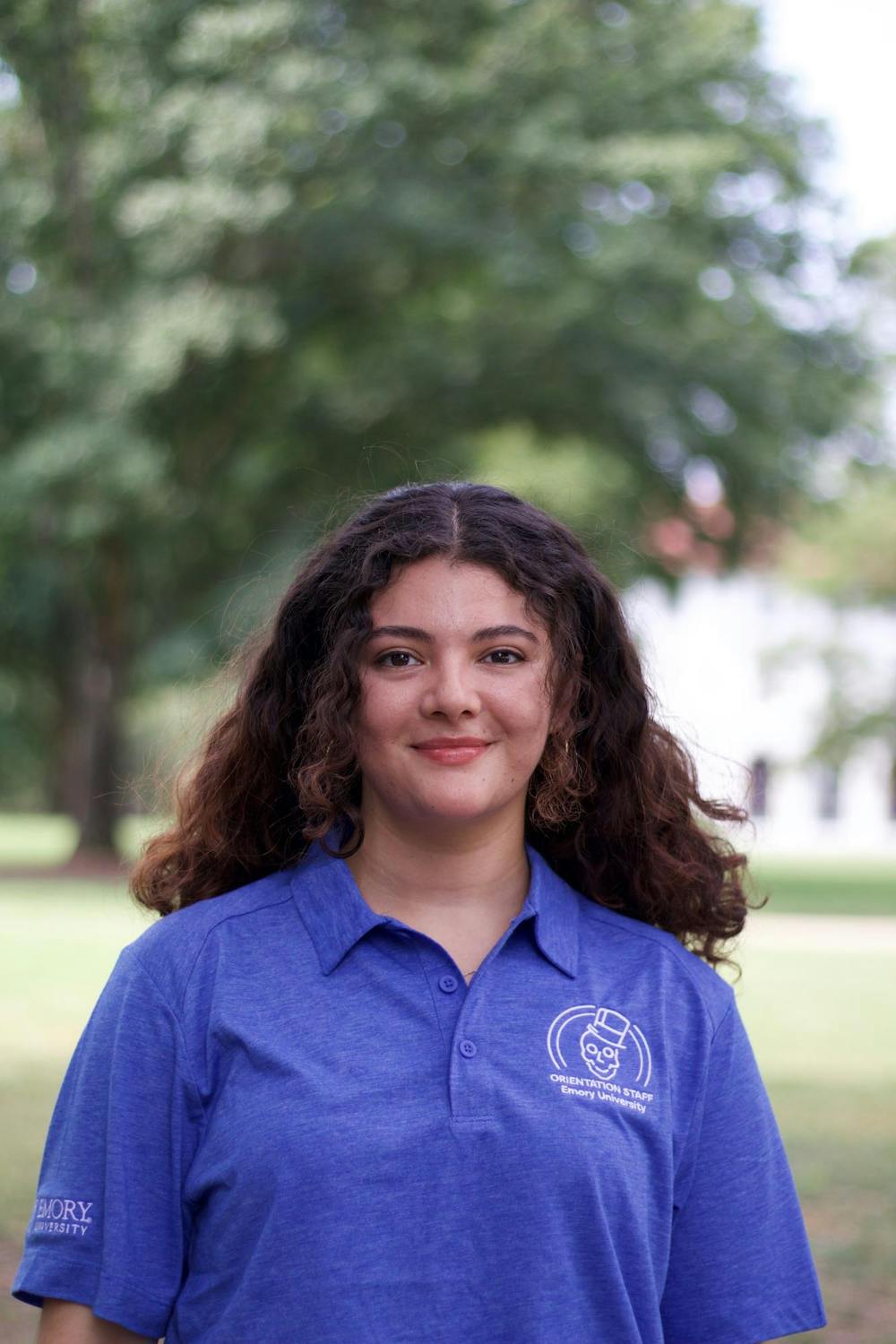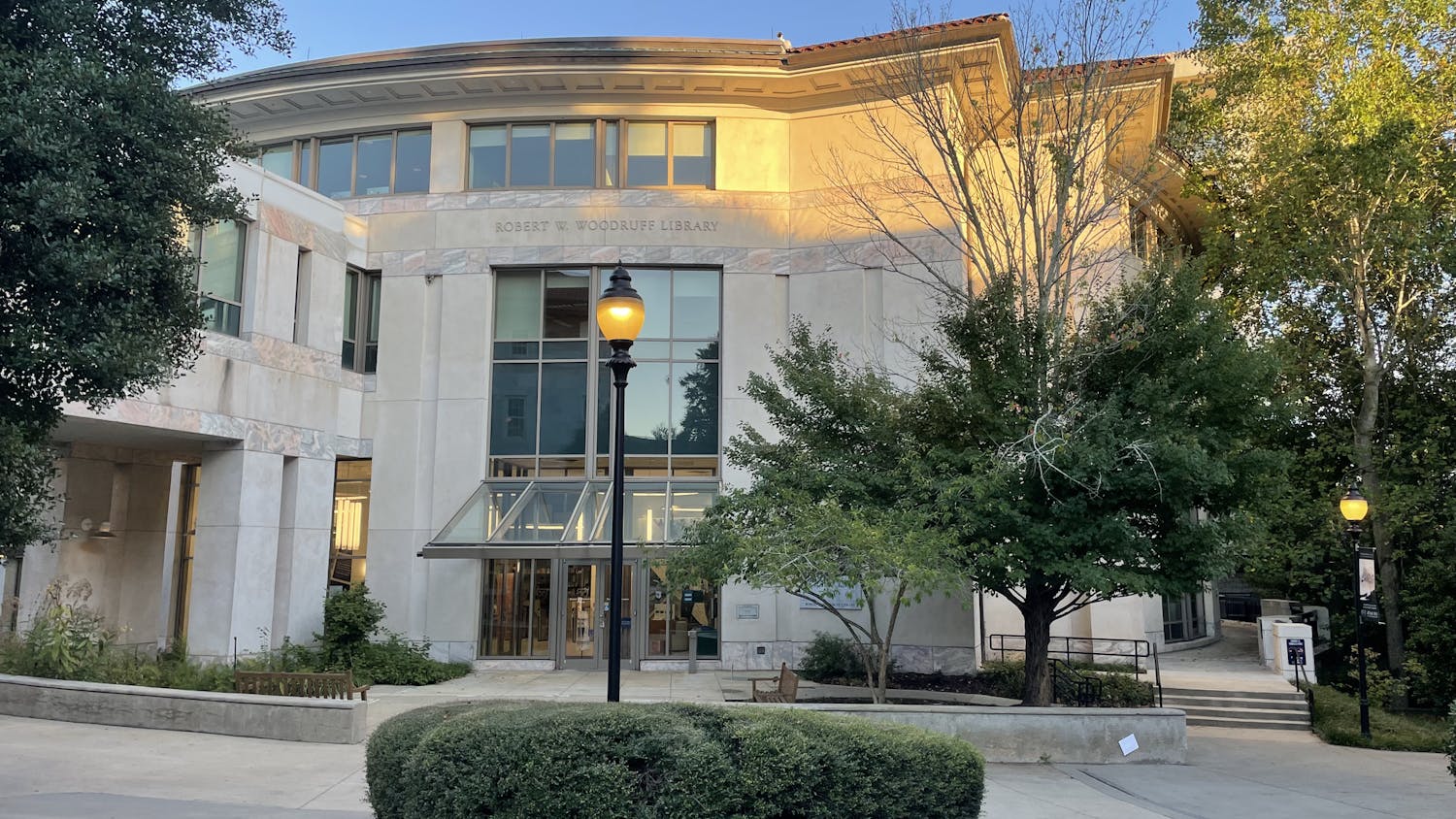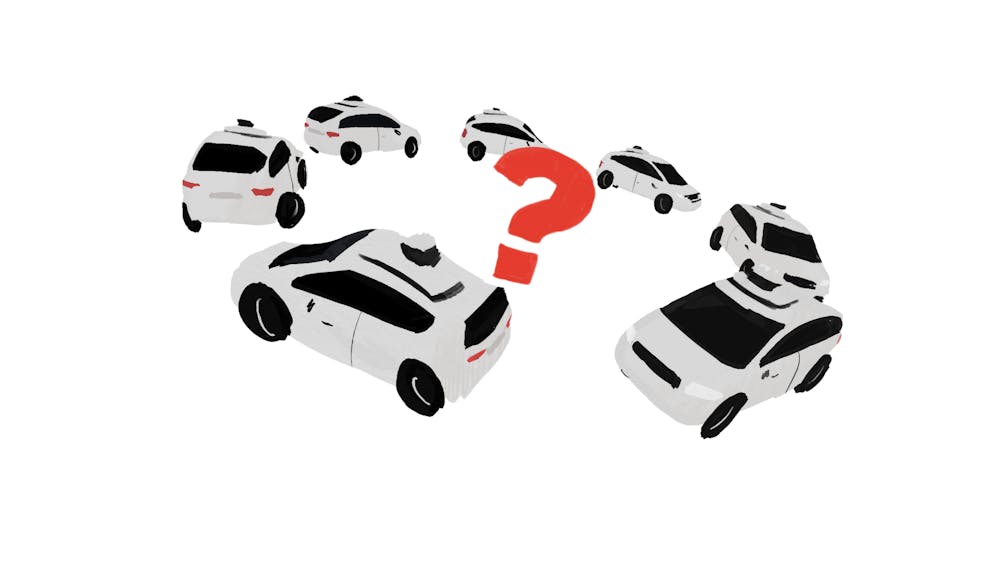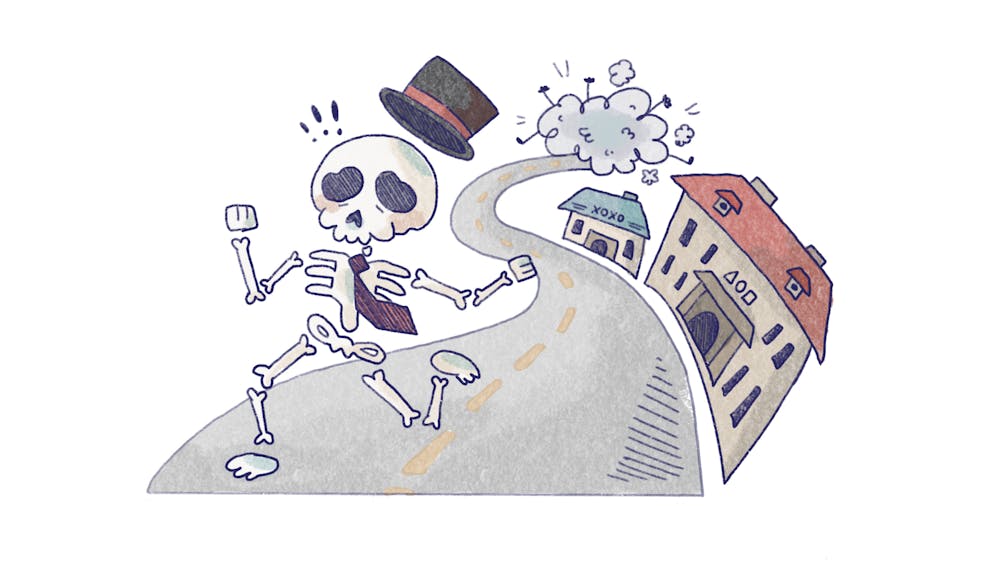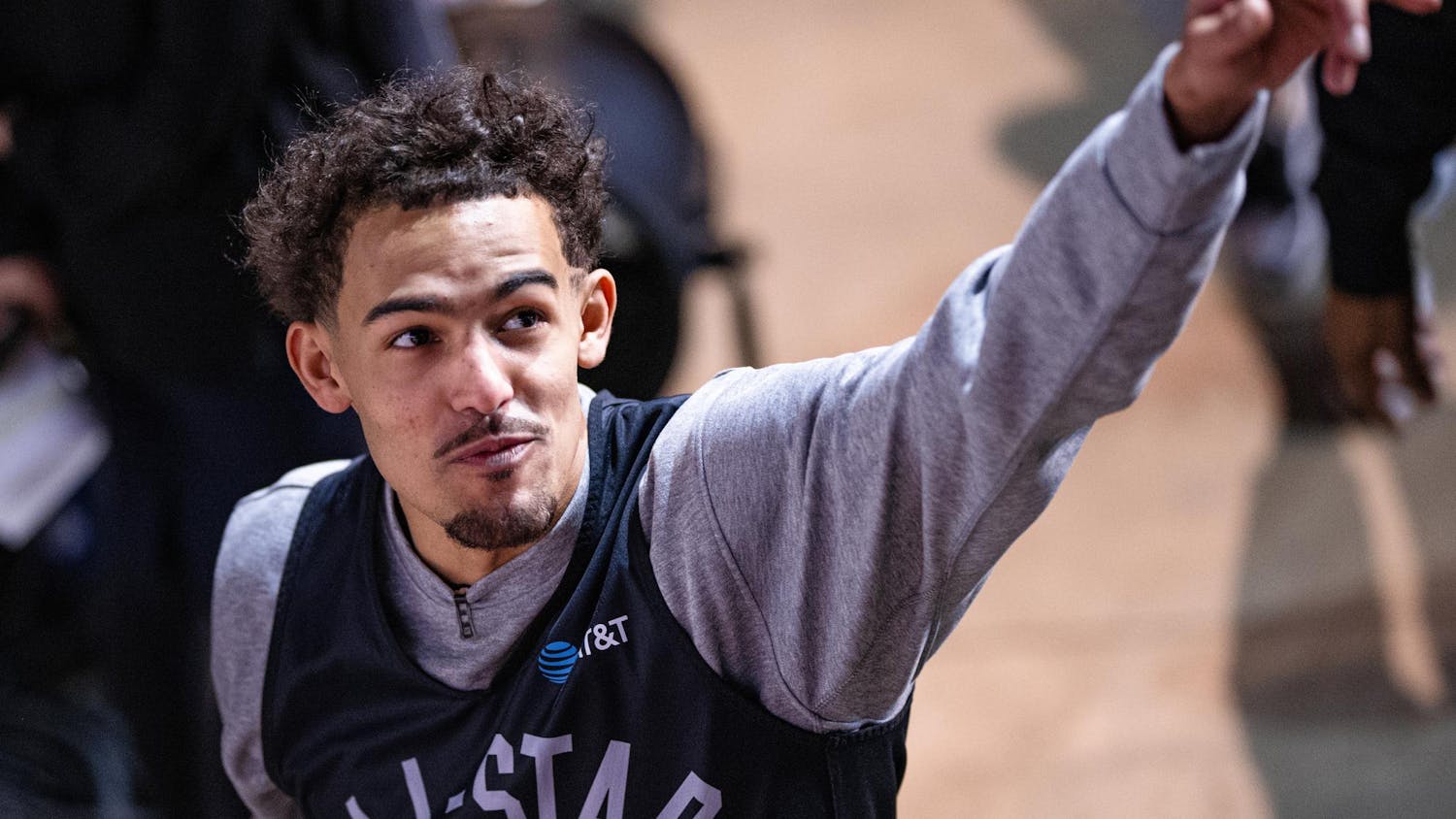At the end of my first year at Emory University, my dormitory hallmates created superlatives for each resident on our floor. I was astounded by the sweetness of this gesture, a testament to the unique bonds formed in the residential campus experience, but I could not imagine myself living up to the superlative I received: “Most likely to lead a protest.” As a freshman, my involvement was limited to Emory’s Gender Expansive and Women’s Ultimate (EGEWU) frisbee team and dance clubs. I was set to be an orientation leader the next fall and had applied to work on an air pollution education project with a professor I had heard speak at a climate strike. Although I had marched in campus climate strikes before, I was shy and not very involved in climate or political extracurriculars.
Three years later, I stood on the University Quadrangle with a fast-beating heart in front of a relatively small, but invested, crowd reading strike goals I had written about funding climate action during U.S. President Donald Trump’s second term. To my bewilderment, I was leading a protest, which came at the heels of attending an international air pollution conference with that same professor, Eri Saikawa. And, most importantly, I was supported by friends I had made through EGEWU.
College has turned out to be a place where I exceeded my own expectations, became a leader and moved out of my comfort zone. But, it required the support of my peers and Emory, inspiring me to support those who came after me as well. While the college experience is known as a time to develop one’s independence, it also taught me to seek collaboration and inspiration from others.
Rather than being separate from the real world, college is a microcosm of the world with facilitated opportunities to connect, help others and work on projects we care about. Exemplified by my first-year residence hall, this sense of community is possible because of the safety net created by Emory’s structures and resources centered on the residential campus. However, it is also possible outside of college, and graduates can be inspired by the college experience to cultivate this supportive, motivated community.
Community was one of the reasons I committed to the frisbee team early on, despite not having any prior sports experience. I still think about the upperclassmen who took the time to chat with new players like me. One kind president and captain inspired me to become EGEWU’s president and B-team captain, and I now pass along their throwing tips to the current freshmen. Another player encouraged me to apply to the Emory Climate Reality Project (ECRP) executive board, which significantly impacted me since I was confused at how student organizations functioned and had initially not felt qualified to apply. In fact, a central motivation in my three years as an orientation leader (OL) and student coordinator (SC) was the desire to even the playing field for new students, providing everyone with the same information and opportunities to connect. As an SC, I had the chance to not only train OLs but also make them paper plate awards — like the one that has hung on my wall since sophomore year — that recognized each of their contributions. I knew how meaningful recognition and guidance from peers can be in inspiring new leadership, achievement and cultivation of community.
From cheering on the field during frisbee games and mentoring OLs to leading a protest and speaking at COP29 in Azerbaijan, I have become a braver person at Emory. To this day, however, self-doubt and anxiety about friendships, mistakes and to-do lists can still be overwhelming. Although I had the option to continue my education at Emory, I chose not to stay here through the 4+1 Master’s Program I was previously enrolled in I was not ready for the commitment. I now face the terrifying yet exciting task of finding a job, home and new community after college. In the face of this opportunity and the broader challenges plaguing our world today, I hope we can use the lessons we learn in college to make each of our new communities a little bit more supportive and ambitious toward making the world a community we are proud to be part of.
Sarah Orozco (25C) is an environmental sciences major from Washington, D.C. She is co-president of EGEWU frisbee, climate action chair for ECRP, works for the Saikawa Lab and has been involved in dance on campus. After graduating, Sarah will continue applying for jobs.

